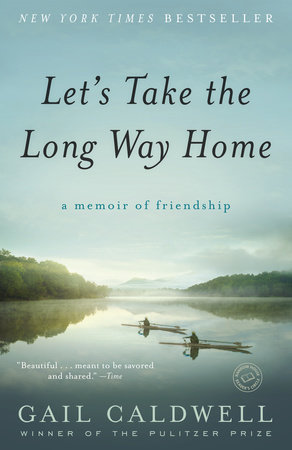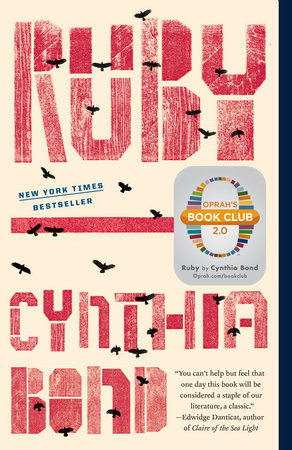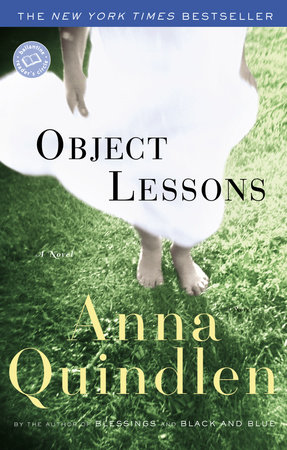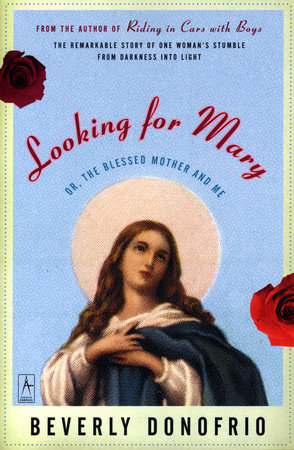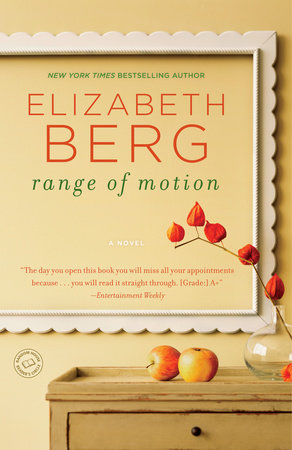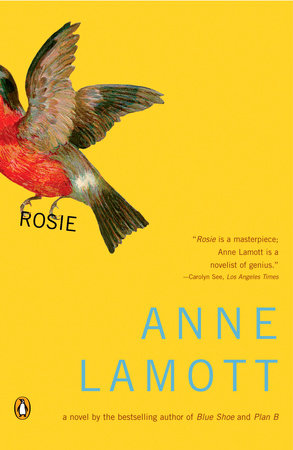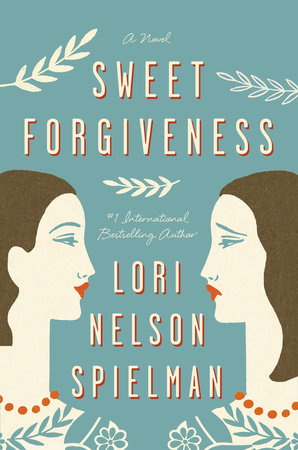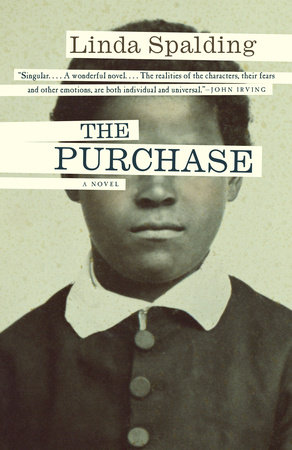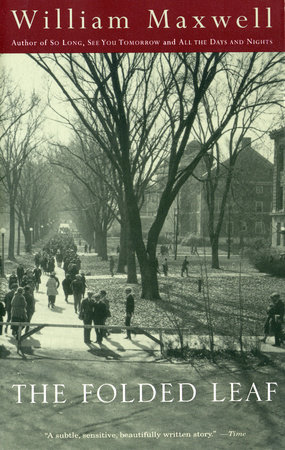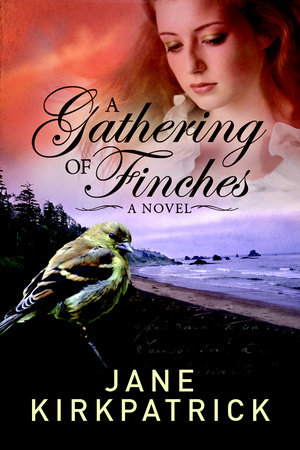Q & A for Let’s Take the Long Way Home
Kelly Corrigan: I cried a lot reading this book, thinking about people I couldn’t stand to lose, my necessary pillars, as you say. I can imagine how much it hurt to write and rewrite it and then open the bound manuscript for the first time and not be able to hand it to Caroline. But I also know this book keeps her alive in some ways, keeps her name in conversation. How has all this—writing, publishing, reading—affected your grieving?
Gail Caldwell: The jury’s still out on this one. I’ve finally accepted after all these years, having lost both my father and mother as well, that grief itself is a lifelong process. That’s not really bad news. Loss reshapes you, and I think if you can bear staying inside it for a time, there are great blessings on the other side of all that sorrow.
I do know one palpable victory that all this has given me: a record, if you will, of Caroline and me that lives outside of my own shifting interiors. I can look at the book or read from it, or hear readers respond to it, and think, “Well, there we are.” It’s a great consolation.
KC: I’m a big fan of fighting— if that’s what it takes to keep a relationship real. There’s nothing more depressing to me than falseness and niceties and the unspoken. I think you feel the same way, and I think this is exactly what distinguished your friendship with Caroline. Is that right?
GC: There were so many things, in retrospect, that distinguished our friendship that they’ve all blurred together into one mosaic: humor, intensity, shared loves. I do think that each of us had a commitment to emotional honesty in relationships that matter, and we acknowledged early on that this one mattered to us, and that we would do what was necessary to keep it real, keep it free of the baggage of the unspoken, as you put it. Probably the fallout of years of therapy on both our parts. Not everyone wants to “communicate” this way, but we were evenly matched. It might have driven some people crazy, but in our case I think it was liberating—it helped to establish and maintain the trust between us.
KC: I think it’s hard to find something new to say about love and friendship. Your first line all but acknowledges that you agree. How anxious were you about crossing the line between familiar and trite?
GC: That wasn’t really a concern for me. Eudora Welty once said that there are something like seven stories in the world, and that we just keep retelling them. I was less worried about saying something new than I was about saying something real. I think that the truth, or success, of any writer’s story lies partly in its specificity and its emotional honesty. I wanted to deliver the depth of the connection I had with Caroline, as well as the loss of her, and convey those things to the reader without sentimentality.
When I wrote that first line that you mention—“It’s an old, old story: I had a friend and we shared everything, and then she died and so we shared that, too”—it was all I could write of the book for a year. I left it lying on a legal pad until I was able to go back and begin to tell the story. It seemed to me then, as now, that the oldest stories are sometimes the simplest and the most universal.
KC: I was so knocked out by your observations—not wanting to throw out your friend’s spare keys, for example. Was it hard for you to revisit those moments?
GC: The most meaningful passages for me were also, not surprisingly, the most difficult, or at least bittersweet, to write. I love the memory of us in the woods together, and the sound of Caroline’s voice, and how funny she was. The wrenching parts, from after she got sick—they belong to another country.
One thing I realized as soon as I began the book was that all the memories, good and bad, seem to have been there waiting for me to unearth and articulate. That’s the beauty of the unconscious, and the heart’s archive: nothing ever really goes away.
KC: I don’t have a dog. And I never did. What am I missing?
GC: Oh good, now I get to quote Caroline, from Pack of Two: “wildness and nurturance and trust and joy.” I’m writing about dogs in my next book, and I spend huge swatches of time watching and thinking about what they give us and evoke from us. Clementine, my first Samoyed, had such grace and equanimity that I used to refer to her as my better half.
Living in the company of another species (particularly Samoyeds, who are great clowns) teaches me enormous things: humility, patience, great love, the mystery of connection, much of it nonverbal. Plus you get to play in the snow, walk in the woods, continually make a fool of yourself. And you have a built-in social excuse: “Sorry, I have to walk the dog.”
KC: I know from my own experiences that illness is humbling. It’s hard to need so much help, even for the most comfortable among us. Those who suffer from alcoholism need a lot of help. Do you think your personal histories with alcohol informed the way you cared for Caroline and the way she responded?
GC: I never thought about our shared history as having this effect, but I’m sure there’s some truth to it, at least from my end. Illness is the great equalizer, isn’t it? You can’t go through something as searing as facing alcoholism, which brought each of us to our knees, without some sense of having broken open that last private space of autonomy and trust. In AA they call it the gift of desperation, because you’re forced to let people in.
My caring for Caroline, to the small degree that I was able, was unthinking and automatic. But her illness and its trajectory were so brutally swift that we were doing everything on the run. I think it was probably easier for Caroline to worry about me than about herself; certainly I know the reverse was true.
KC: Over the course of a year, because of the topics of my own books, I end up talking an unnatural amount about dying and crisis. I wonder sometimes if I am becoming less sensitive—like a doctor who has lost her bedside manner. Have any calluses grown where you used to be tender?
GC: Maybe I’m a little tougher. Not harder, but hardier. At readings and signings, I’ve been moved and astonished by the commonality of this experience, and by what readers have been willing to share with me. It’s a universal language.
I hope I understand other people’s losses a little better, and don’t feel the need to rush in and fix things. I love Annie Proulx’s line on this: “If you can’t fix it you’ve got to stand it.”
